Syrian President Bashar al-Assad Flees to Moscow After Rebel Takeover
Syrian, Dec 09, (V7N) - In a dramatic turn of events, Syrian President Bashar al-Assad has fled the country following a decisive defeat by rebel forces. Assad, accompanied by his family, has reportedly taken refuge in Moscow, Russia, where he has been granted political asylum, according to Reuters.
Curfew Imposed Amid Takeover
The rebel group Hayat Tahrir al-Sham (HTS) has declared control over Syria, including the capital, Damascus. To prevent unrest, HTS has imposed a 13-hour curfew in the city. In a statement on state television, HTS leader Abu Mohammad al-Julani announced that until a new government is formed, former Assad regime Prime Minister Mohammad Ghazi al-Jalali will temporarily oversee the administration of all government departments.
According to Al Jazeera, analysts predict that the power transition will be followed by swift government formation to address the potential administrative vacuum. However, the challenges for the new rulers are immense, given Syria’s fragmented political and military landscape.
Challenges for the New Leadership
Syria’s complex governance system, previously centralized under Assad’s authoritarian regime, now faces uncertainty. Hayat Tahrir al-Sham’s ties to extremist groups such as ISIS and al-Qaeda have raised concerns about the country's future direction.
A senior analyst at the Brussels-based think tank International Crisis Group noted, “The new government, regardless of its structure, will face significant challenges. The presence of multiple rebel factions in the country is likely to pose serious obstacles to HTS’s consolidation of power.”
Rebels Secure State Infrastructure
The HTS has reportedly seized control of all state institutions, including national television and radio stations. In its first broadcast, the rebel group proclaimed that the nation has been “liberated from the tyranny of Bashar al-Assad.”
In a televised address, HTS leader Abu Mohammad al-Julani stated, “There is no turning back. The future belongs to us.” His defiant declaration signals the group's intent to reshape Syria’s political landscape.
Regional and International Implications
The rebel takeover marks a significant shift in Syria’s political and military dynamics. Bashar al-Assad’s departure from power is expected to have widespread ramifications, not just domestically but also in the broader Middle East.
Observers remain cautious about the role of HTS in shaping Syria’s future. The group's radical origins and association with extremist ideologies have raised alarm among international stakeholders, including Western powers and neighboring countries.
The Syrian conflict, which has lasted more than a decade, has seen millions displaced and hundreds of thousands killed. While Assad’s regime maintained power with significant backing from allies like Russia and Iran, the loss of Damascus to rebel forces represents a turning point.
What Lies Ahead?
The situation in Syria remains volatile, with questions looming over how HTS plans to govern a war-torn nation. Analysts warn that internal divisions among various rebel factions could lead to further instability.
As the new rulers consolidate their hold, Syrians await clarity on the country's political and economic future. The international community will closely monitor developments to assess the implications for regional stability and humanitarian efforts.
With Assad now in exile, the future of Syria lies at a critical juncture. Whether HTS can transition from a rebel group to a governing body capable of uniting the fractured nation remains to be seen.
END/SMA/AJ/




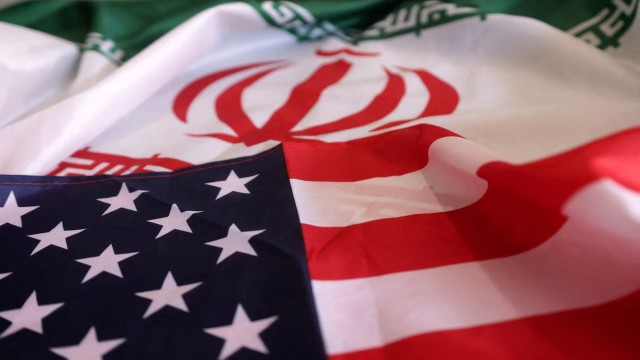

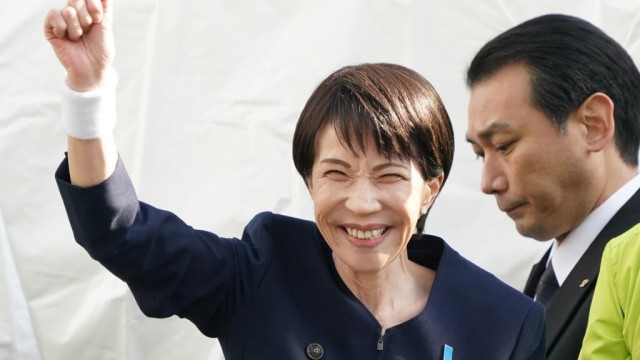


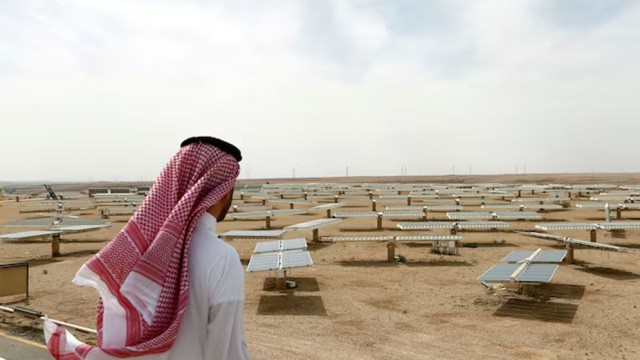




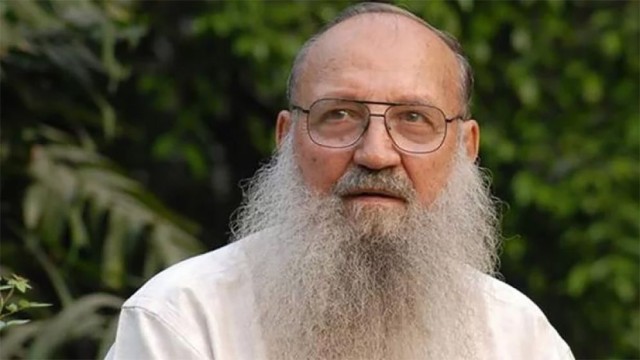




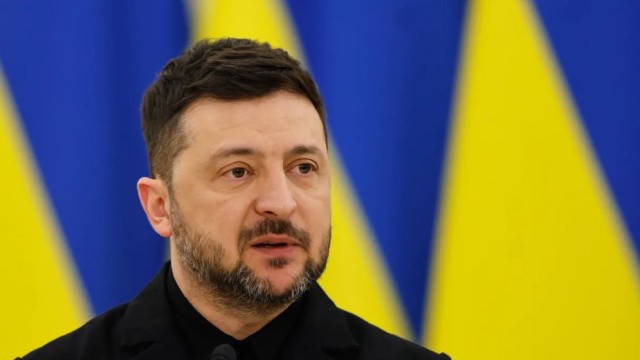











Comment: